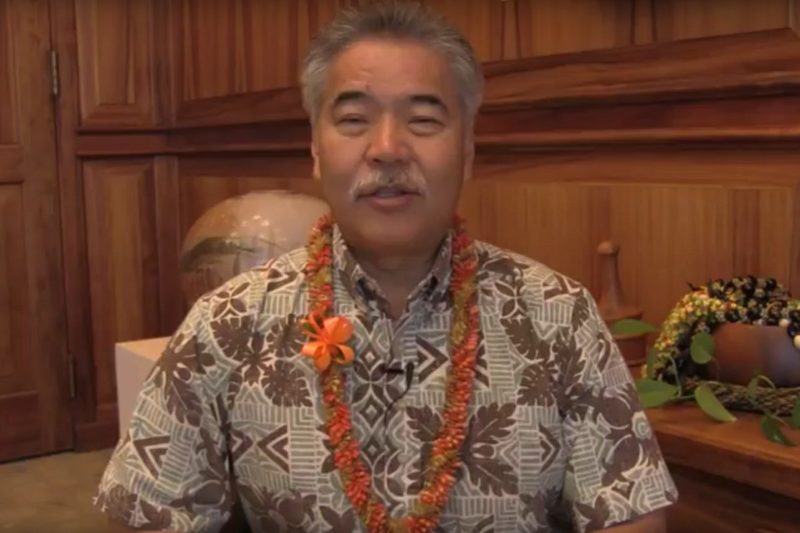New Hawaii Law Requires Insurers to Cover a Year’s Supply of Birth Control
Insurance companies typically cover only a 30-to-90-day supply of birth control, posing a logistical hurdle for individuals who may live miles away from the nearest pharmacy, and potentially causing some using oral contraceptives to skip pills.

Private and public health insurance must cover up to a year’s supply of birth control under a new Hawaii law that advocates called the nation’s “strongest.”
The measure, signed by state Gov. David Ige (D) on Tuesday, applies to all FDA-approved contraceptive medications and devices.
Hawaii joins Washington, D.C., which also requires public and private insurers to cover up to 12 months of birth control at a time.
Oregon passed a similar measure in 2015, but that law requires patients to obtain an initial three-month supply of contraception before individuals can receive the full 12-month supply—which the Hawaii policy does not.
“At a time when politicians nationwide are chipping away at reproductive health care access, Hawaii is bucking the trend and setting a confident example of what states can do to actually improve access,” Laurie Field, Hawaii legislative director for Planned Parenthood Votes Northwest and Hawaii, said in a statement.
Insurance companies typically cover only a 30-to-90-day supply of birth control, posing a logistical hurdle for individuals who may live miles away from the nearest pharmacy, and potentially causing some using oral contraceptives to skip pills. Both the American Congress of Obstetricians and Gynecologists (ACOG) and the U.S. Centers for Disease Control and Prevention recommend supplying up to one year of oral contraceptives at a time, as the Hawaii Senate Committee on Commerce, Consumer Protection, and Health noted in a 2016 conference report.
Fifty-sex percent of pregnancies in Hawaii are unintended, compared to the national average of 45 percent, according to figures from the Guttmacher Institute.
Women who received a year’s supply of birth control were about a third less likely to experience an unplanned pregnancy and were 46 percent less likely to have an abortion, compared to those receiving a one- or three-month supply, according to a 2011 study of 84,401 California women published in Obstetrics and Gynecology.
Reproductive rights advocates had championed the legislation, which was also backed by ACOG–Hawaii Section, the Hawaii Medical Association, and the Hawaii Public Health Association, among other medical groups.
“Everyone deserves affordable and accessible birth control that works for us, regardless of income or type of insurance,” Planned Parenthood’s Field said in her statement.
